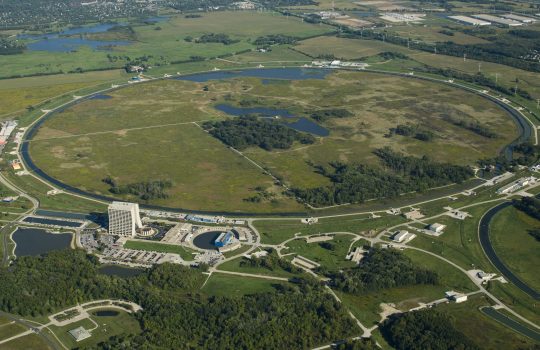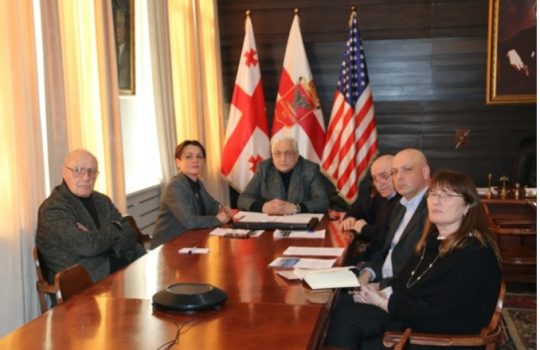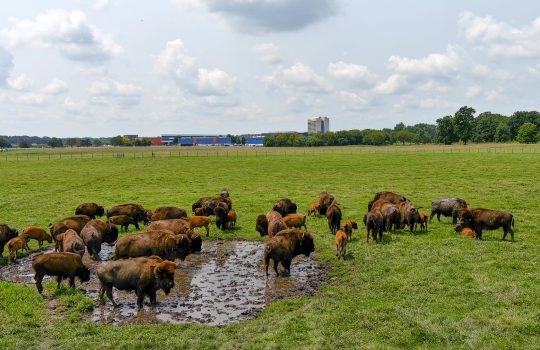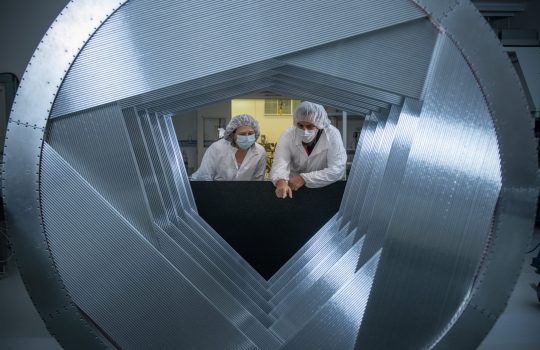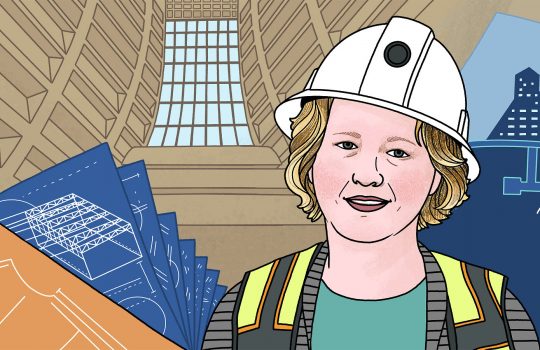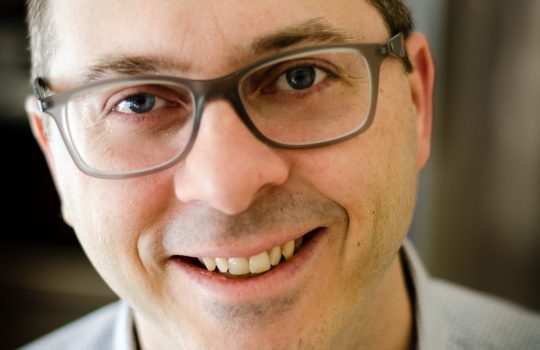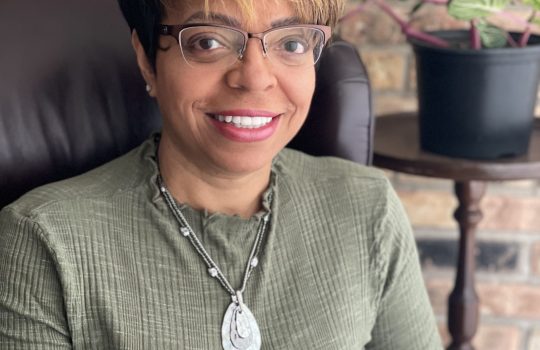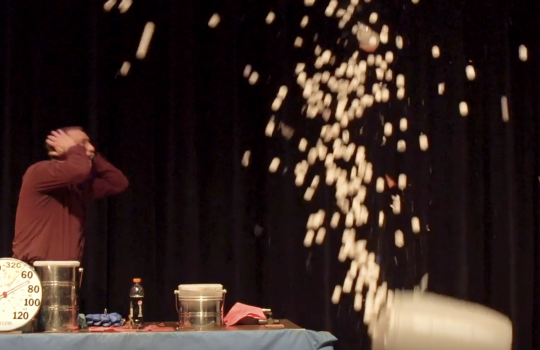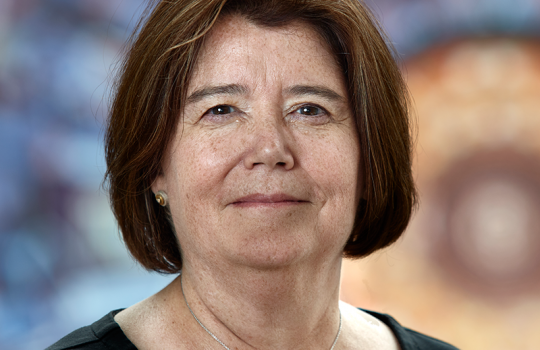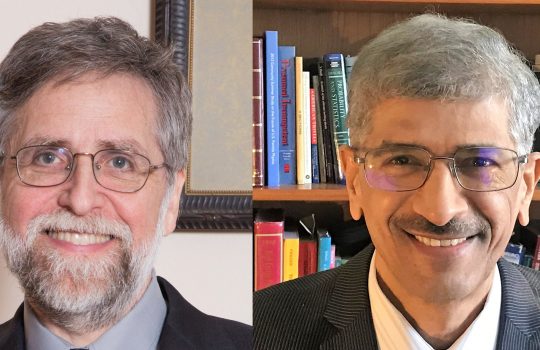CDF collaboration at Fermilab announces most precise ever measurement of W boson mass to be in tension with the Standard Model
Scientists of the Collider Detector at Fermilab collaboration have achieved the most precise measurement to date of the mass of the W boson, one of nature’s force-carrying particles. The measured value shows tension with the value expected based on the Standard Model of particle physics.

